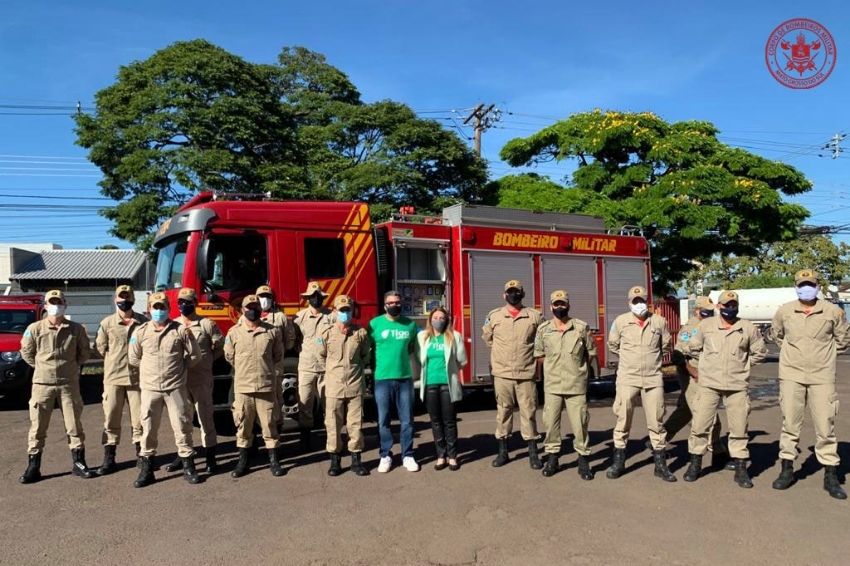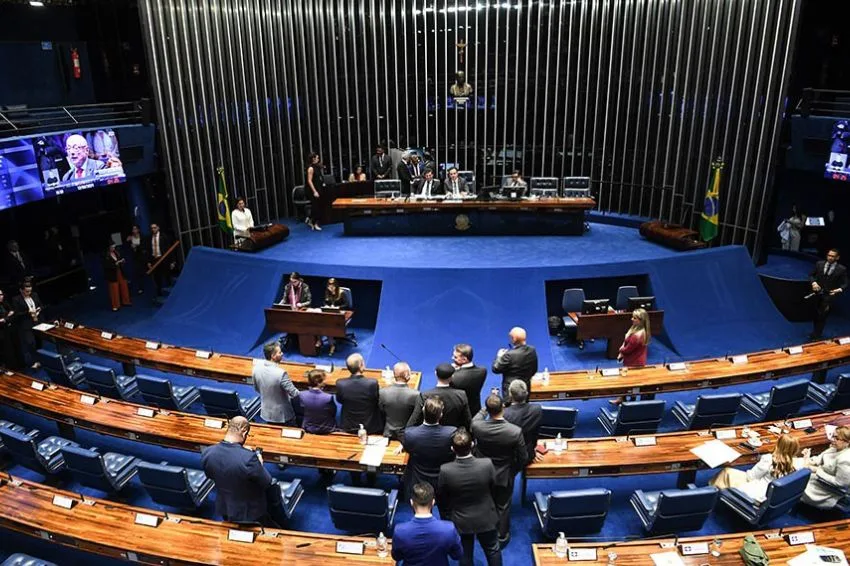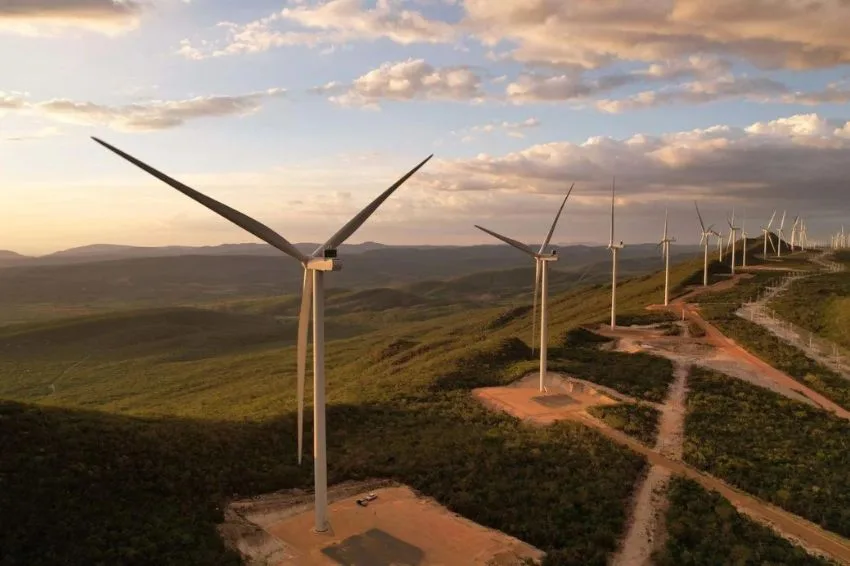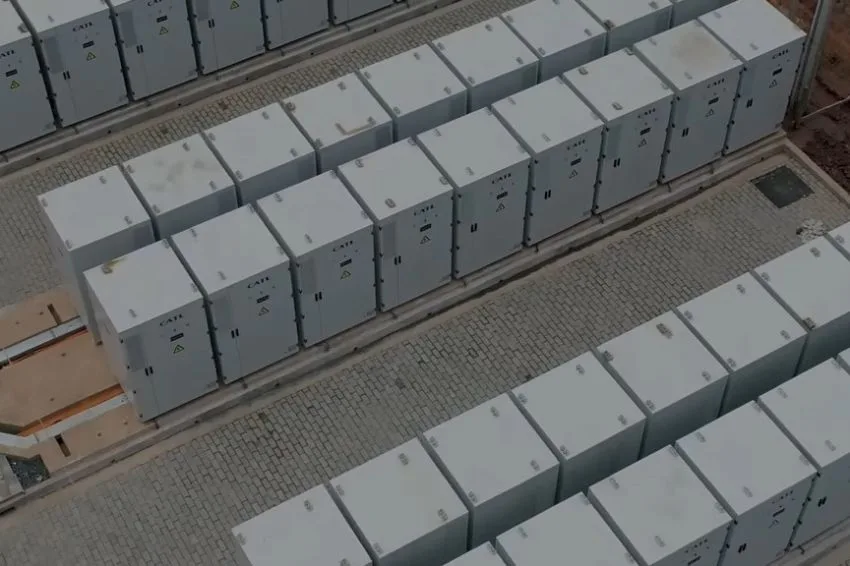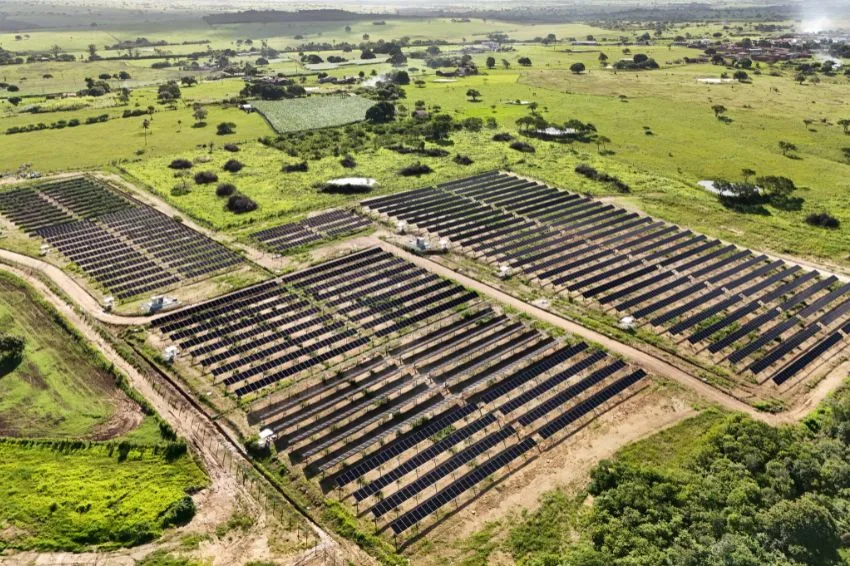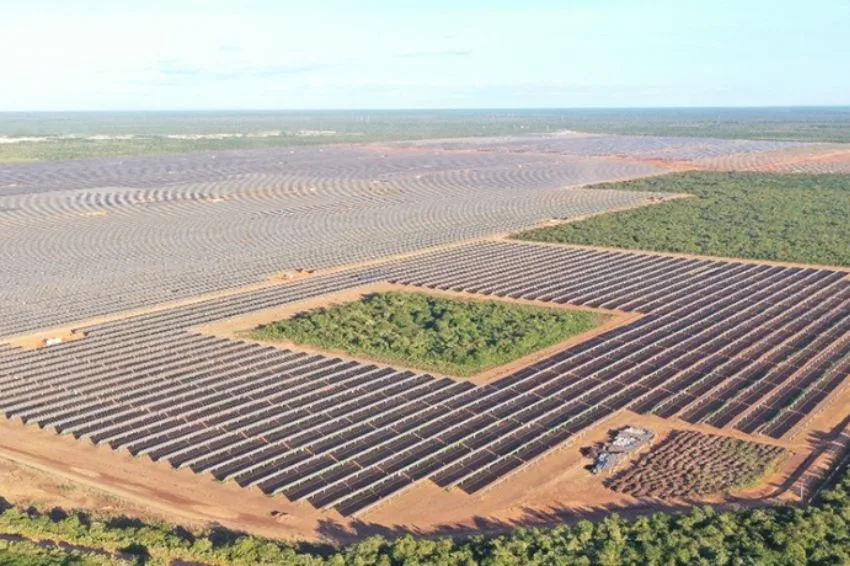This week, soldiers from the 6th Military Fire Brigade in Campo Grande (MS) received training from Tigo Energy on photovoltaic systems. According to the company, it is the first group of firefighters to receive this type of training in Brazil.
The classes taught by Manoel Monteiro, Sales Manager Brazil at Tigo, lasted four days and had the main objective of teaching about how a photovoltaic system works, its equipment and its risks.
“For Tigo, this movement of informing firefighters who take risks without knowing the dangers of large amounts of energy in a photovoltaic system installed on a roof is very important. The group commanded by Lieutenant-Colonel Danilo was the first in Brazil. Our mission is to spread this information with a view to changing Brazilian legislation with the aim of regulating standards that aim to protect these brave people who are always concerned with saving lives first”, highlighted Monteiro.
“The lecture given by Manoel Monteiro on photovoltaic energy contributed to a better understanding of military firefighters about the operation and possible risks associated with this system, whose installation in different buildings is growing exponentially. With the knowledge received, we can avoid subjecting our military firefighters to unnecessary risks and better act in incidents involving buildings equipped with their own electricity generation”, stated Lieutenant-Colonel BM Danilo Santos Moreira Leite.
During the four days, approximately one hundred military firefighters participated in the classes. The expectation is that the training will be expanded to other barracks in the region.
Regulations to protect first responders
The expert also explains that currently in Brazil there is no legislation that protects rescuers as there is in several countries, such as Australia and the United States.
“The NEC (National Electronic Code) already works in the United States, Australia, Europe, and is starting to be adopted in some Latin America. This regulation determines that panels need to be de-energized within 30 seconds to ensure the safety of rescuers. If Rapid Shutdown is not available, rescuers cannot act”, explains Monteiro.


